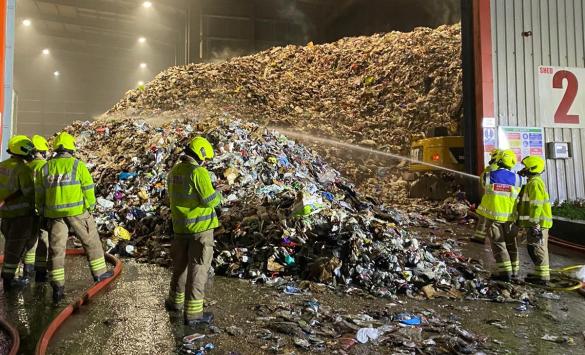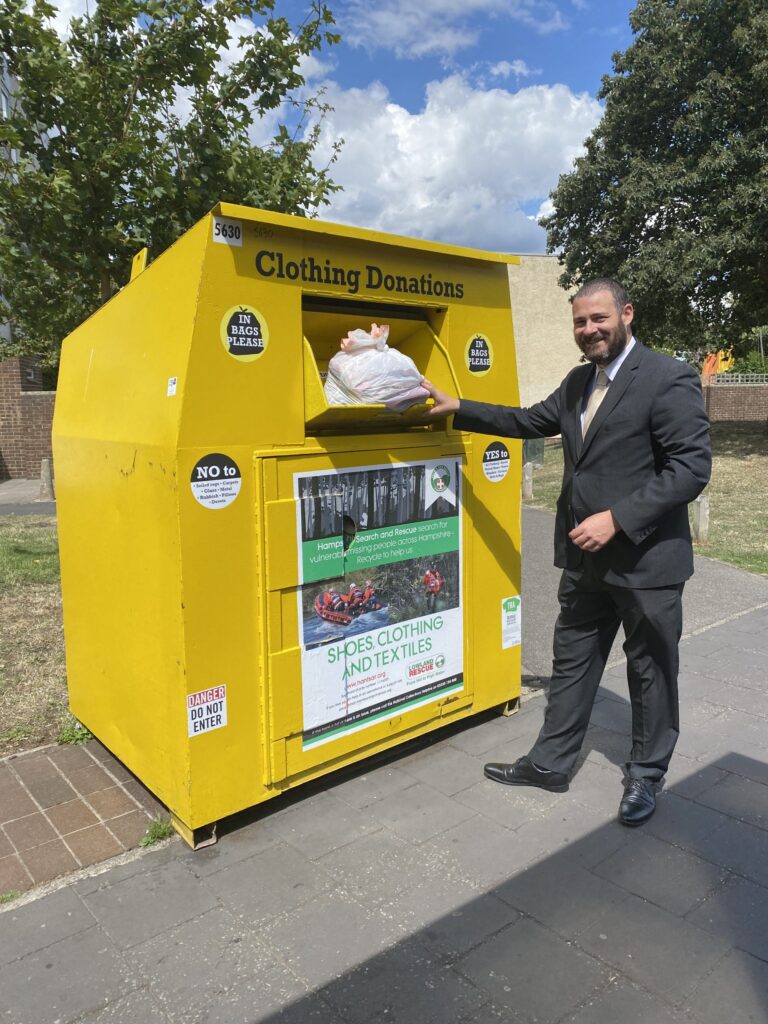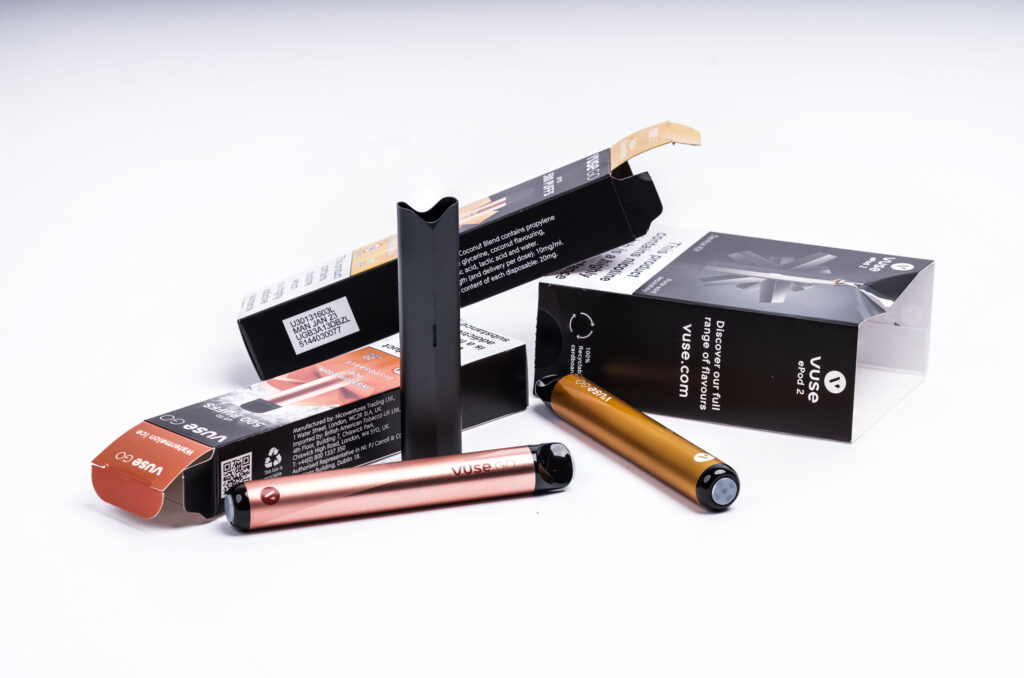Speaking at the Composting Association’s annual conference in Nottingham, Luca Marmo – administrator in the environment directorate’s waste management unit – highlighted the waste hierarchy as the way that member states should treat waste and in a working document he has suggested that energy from waste has a lower ranking than in the traditional hierarchy.
“Incineration still has a number of problems with residues,” said Mr Marmo (pictured below) adding that sometimes these are hazardous waste. “One third of what goes into an incinerator comes out in terms of what has to be landfilled.”
Comparing the construction of incinerators with a 25 year life span to the need to feed a baby and clothe and feed young people, Mr Marmo warned: “Going down the route of incineration means that there is a payback for the local authority of having to geed the incinerator without having room left to do anything else.”
And, he further condemned incineration because “plants put carbon dioxide into the air, whereas composting puts carbon into the ground for a longer time.”
Mr Marmo confirmed that the current consultation document published by the waste management unit could still lead to a formal composting directive, although this would not happen for several years.
Suggesting that such a move was likely, he said that there is no legislation on biodegradable waste in general (apart from sewage sludge) and “there seems to us to be a need to fill the gap”.
He tackled several issues, including the fact that some member states were keen to monitor composting plants because of any threats to health and the environment that they might pose in matters such as heavy metals. The idea raised some concern among community composters at the conference who could see their projects having to be licensed.
The Department of the Environment, Transport and the Regions has said it is not in favour of a composting directive. Speaking after Mr Marmo, Simon Hewittt, who has responsibility for waste strategy at the Department said that in the waste strategy the government had favoured recycling and composting partly because “they were easier to get off the ground than incineration”.
The UK’s initial response to the idea of a composting directive was that it was concerned about an implied revision to the waste hierarchy in the composting document and that the UK might not be in favour of an EU wide requirement for biodegradable waste to be separated.
Editor’s note: The anti-incineration and energy from waste line suggested by Mr Marmo, to some extent mirrors criticisms of energy from waste plants voiced by Ludwig Kramer, head of the EU waste unit earlier this autumn. There appears to be a growing view within parts of the commission that the long term requirements for EfW plants can threaten recycling and composting schemes.
EU compost chief warns of long-term need to feed incinerators
The European Union’s composting expert signalled today that he would like more of a switch to composting and recycling rather than the use of energy from waste.











Subscribe for free